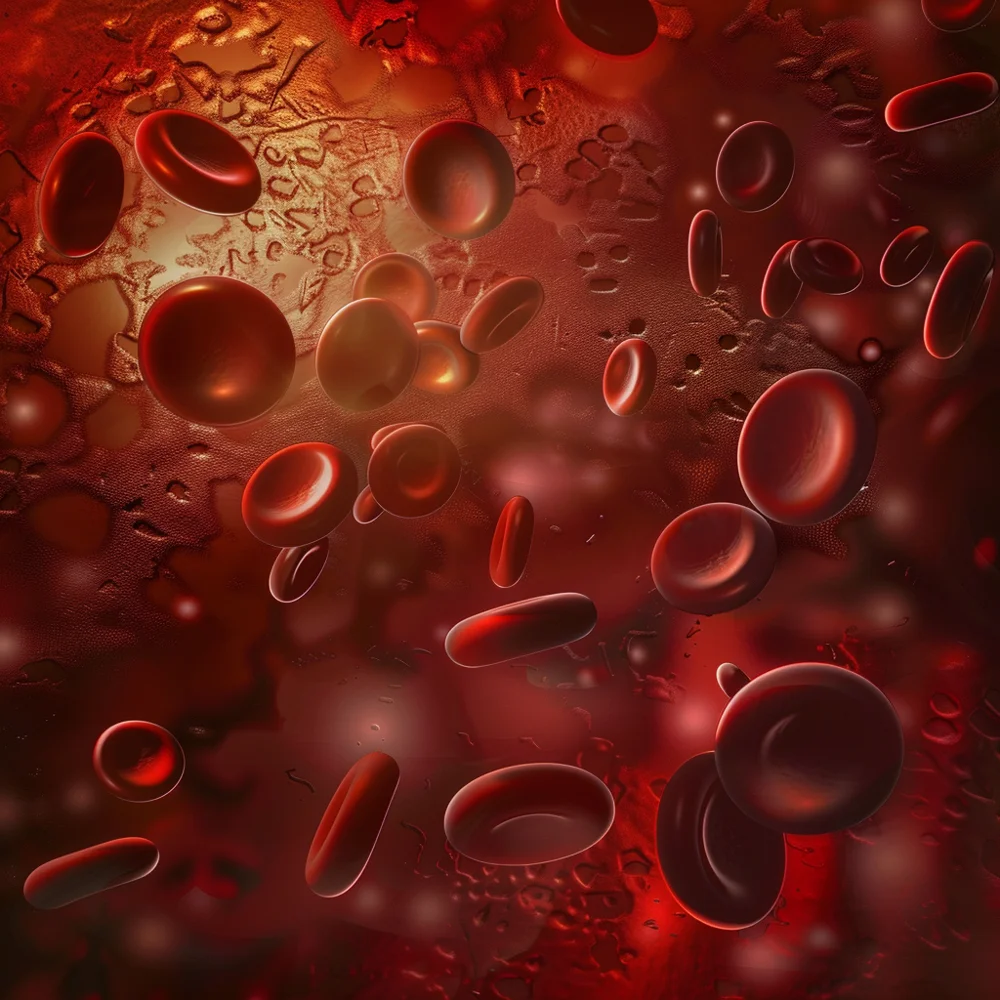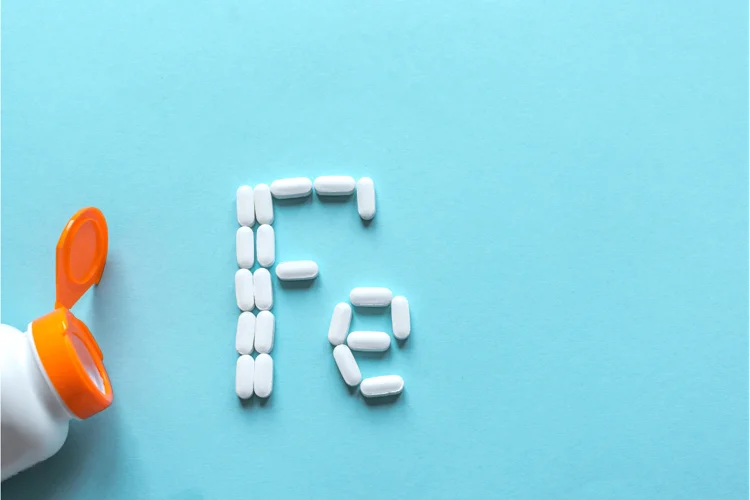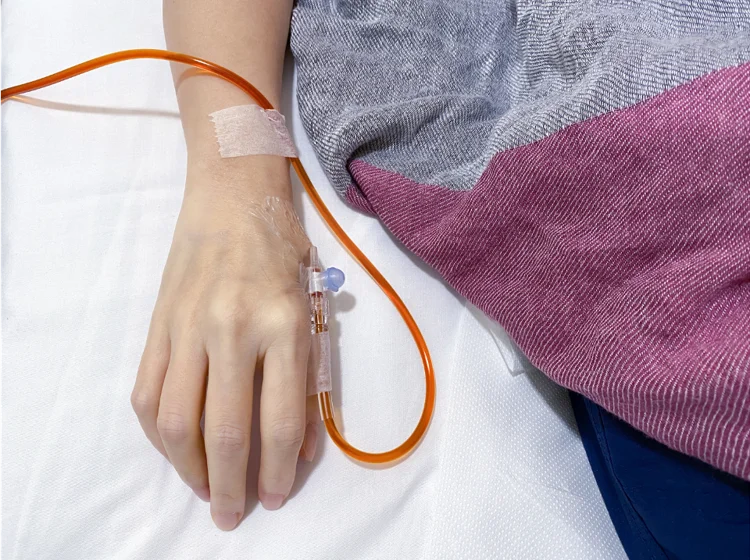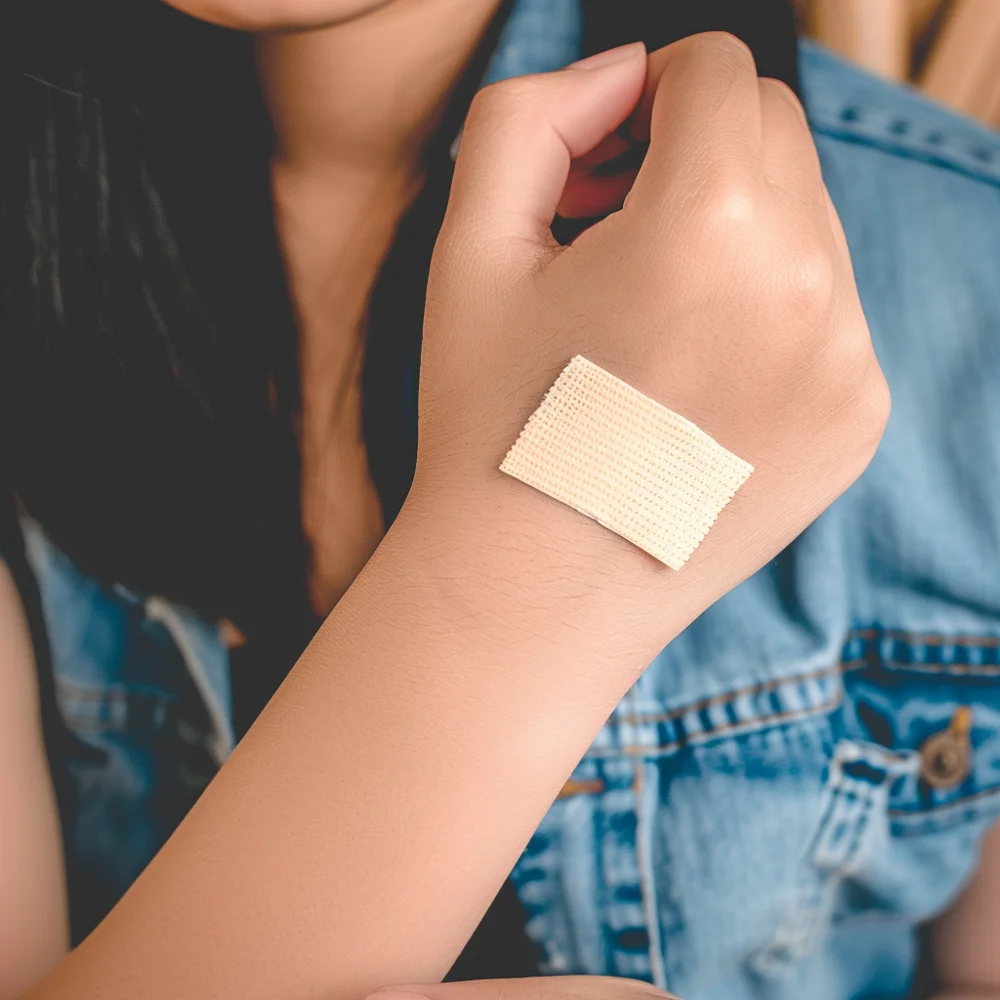Iron Infusion
Last updated: Feb 20, 2026
What Is an Iron Infusion?
An iron infusion is a treatment where iron is administered directly into your bloodstream through an IV drip. It is commonly used to treat iron deficiency anaemia when oral supplements are not suitable, whether due to side effects, absorption issues, or the need to restore iron levels quickly.
Iron Deficiency
Iron deficiency occurs when the body lacks sufficient iron to produce haemoglobin, the protein in red blood cells responsible for carrying oxygen. This condition is common, especially among women with heavy menstrual periods, pregnant women, and individuals with chronic diseases or gastrointestinal disorders. Symptoms of iron deficiency include:
- Fatigue
- Weakness
- Pale skin
- Dizziness
- Headaches
- Shortness of breath
- Brittle nails
Left untreated, iron deficiency can lead to iron deficiency anaemia, which may result in more serious health complications such as heart issues. A doctor can help diagnose iron deficiency through blood tests and recommend appropriate treatment.

Iron Deficiency Treatment

Iron deficiency is usually initially treated with oral iron supplements. However, these may not always be effective, especially in cases of ongoing blood loss, inflammatory bowel disease, or when quick restoration of iron levels is necessary. In such situations, intravenous (IV) iron infusion is often preferred. This method bypasses the digestive system and delivers iron directly into the bloodstream. It is especially helpful for patients with absorption problems or those who experience gastrointestinal side effects from oral iron.
Intravenous (IV) Iron Infusion
Iron infusion delivers iron directly into a vein, usually in the arm. Modern formulations like ferric carboxymaltose(MONOFER®) are safer and allow higher doses in shorter times, benefiting those with severe iron deficiency anaemia, chronic kidney disease, or those needing rapid iron replenishment. Patients may experience symptom improvements, such as increased energy, reduced fatigue, and less breathlessness, within a few days to a week. Full recovery of iron stores and resolution of symptoms can take up to several weeks.
How Long Does an Iron Infusion Take?
The duration of an iron infusion varies depending on the type and dosage of iron used. Typically, a session can take from 15 minutes to several hours. You will be closely observed during and after the infusion to monitor for any adverse reactions.

How Long Does an Iron Infusion Last?
The effects of an iron infusion can last several months, depending on the severity of the iron
deficiency and the patient's ongoing iron needs. In many cases, one or two sessions are sufficient
to replenish iron levels, though some patients may require additional treatments, particularly if
the underlying cause of the deficiency persists.
Disclaimer: This information is intended for general purposes only and should
not be considered medical advice. Please consult your healthcare provider for advice tailored to
your specific health needs.
Iron Infusion Side Effects

Common side effects of iron infusions with ferric carboxymaltose include headaches, dizziness, nausea, muscle or joint pain, and pain or bruising around the injection site. Pain relief with paracetamol can be used if needed. It is advisable to move and get up slowly to mitigate dizziness.
How Long Do Iron Infusion Side Effects Last?
Most side effects are mild and temporary, resolving within a few hours to a couple of days. In rare cases, such as anaphylaxis, more serious side effects like a swollen face, difficulty breathing, or a rash may occur and require immediate medical intervention. If you experience any persistent or severe symptoms, seek medical attention promptly.
Iron Infusion Cost in Singapore
At ATA Medical, we provide testing for vitamin deficiency and treatment for iron deficiency at the following prices:
| Test / Treatment | Price* |
|---|---|
| Consultation | From $49.05 |
| Deficiency Testing | |
| Full Blood Count | $17.44 |
| Iron Deficiency Profile Screen (Iron, Total Iron Binding Capacity, % Iron Saturation) | $52.32 |
| Deficiency Screen (Folate, Vitamin B12, Vitamin D, Iron, Total Iron Binding Capacity, % Iron Saturation, Ferritin) | $161.32 |
| Comprehensive Deficiency / Hair Loss Screen (Folate, Vitamin B12, Vitamin D, Iron, Total Iron Binding Capacity, % Iron Saturation, Ferritin, Zinc, Magnesium, Free T4, TSH) | $263.78 |
| Iron Deficiency Treatment | |
| Oral Iron Supplement | $65.40 per box (based on 3 months supply) |
| Intravenous (IV) Iron Infusion (MONOFER®) | $490.50 per 500 mg |
^Prices last updated on Jan 28, 2026. While every effort is made to keep pricing information up to date, please contact our team to confirm the latest rates.
Where to Get an Iron Infusion in Singapore
ATA Medical is conveniently situated at 3 strategic locations:
- Tanjong Pagar Medical Clinic (Closest MRT: Tanjong Pagar EW15)
- Orchard Clinic (Closest MRT: Orchard Boulevard TE13)
- Jurong Clinic (Closest MRT: Jurong East NS1/EW24)
Summary
Iron infusion is an alternative treatment for individuals with iron deficiency, especially when oral supplements are ineffective or intolerable. This procedure can rapidly replenish iron levels, helping to alleviate symptoms like fatigue and breathlessness, and improving quality of life, particularly for those with severe deficiency. If you're experiencing symptoms of anaemia or are unsure about the best treatment options, schedule an appointment to consult with our doctors to determine the most suitable approach for your needs.
How Do I Book an Iron Infusion Appointment?
ATA Medical @ Tanjong Pagar
Nearest MRT: Tanjong Pagar Station (EW15)
Contact Number: 6223 0682
Email: hi@atamed.sg
Opening Hours:
Mon - Fri: 8:30 AM to 12:30 PM, 1:30 PM to 5:30 PM
Sat: 8:30 AM to 12:30 PM
Sun & PH: Closed
ATA Medical @ Orchard
Nearest MRT: Orchard Boulevard Station (TE13)
Contact Number: 6223 0682
Email: camden@atamed.sg
Opening Hours:
Mon - Fri: 8:30 AM to 12:30 PM, 1:30 PM to 5:30 PM
Sat: 8:30 AM to 12:30 PM
Sun & PH: Closed
ATA Medical @ Jurong
Nearest MRT: Jurong East MRT Station (NS1/EW24)
Contact Number: 6348 6292
Email: jurong@atamed.sg
Opening Hours:
Mon - Fri: 8:30 AM to 12:30 PM, 1:30 PM to 5:30 PM
Sat: 8:30 AM to 12:30 PM
Sun & PH: Closed


